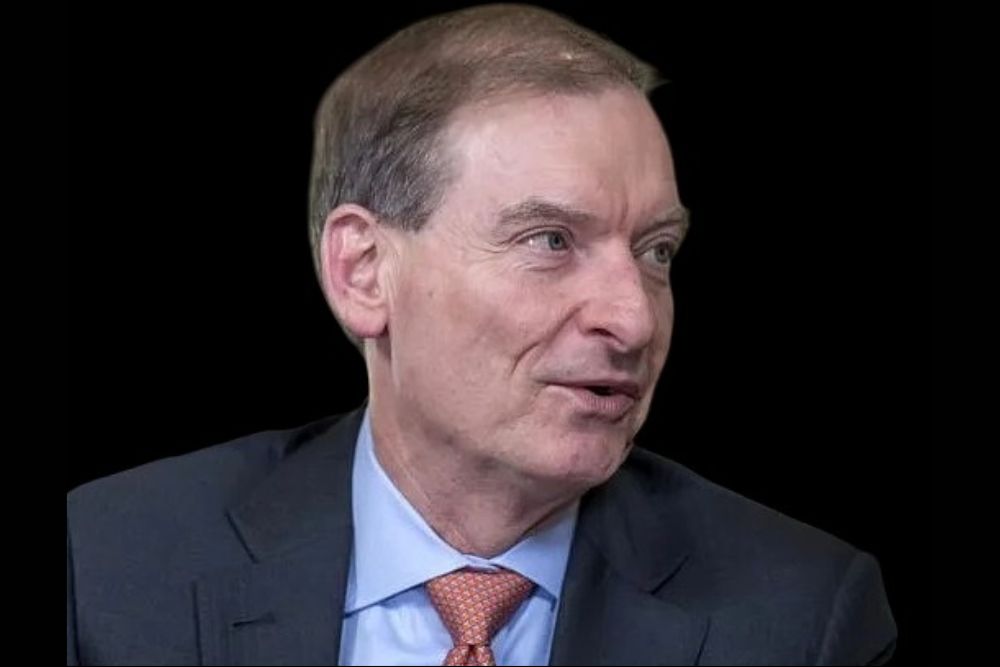

Paul Atkins has been confirmed as the new Chair of the US Securities and Exchange Commission (SEC), marking a significant development in the US cryptocurrency market. As a pro-crypto advocate, Atkins is expected to introduce clearer regulations and frameworks that foster innovation while protecting investors, potentially leading to a more favorable environment for crypto companies and improving market sentiment.
Paul Atkins is not a newcomer to the regulatory scene. A former SEC Commissioner from 2002 to 2008, he made a name for himself by countering overly aggressive enforcement tactics and supporting a lighter-touch regulatory framework that promotes market growth. Unlike many of his predecessors, Atkins has publicly voiced support for blockchain technology and decentralized finance (DeFi), emphasizing the need for the SEC to foster innovation instead of stifling it with ambiguous or outdated regulatory frameworks.
Over the past several years, Atkins has been vocal about the shortcomings of the SEC’s treatment of cryptocurrencies, particularly its inconsistent handling of whether digital assets are securities. In a 2022 industry roundtable, he argued that “innovation in the digital asset space is outpacing regulation” and that “the SEC must move quickly to provide clarity and fairness to investors and developers alike.
His recent statements during the Senate confirmation hearings underscored his commitment to establishing a rational and coherent regulatory framework for digital assets. Atkins criticized the previous administration’s approach, highlighting the need for clear guidelines supporting the cryptocurrency industry’s growth without compromising investor protection.
Atkins’ confirmation couldn’t have come at a more critical time. The crypto industry has spent the last few years navigating a fog of regulatory uncertainty, with the SEC frequently at the center of controversy. High-profile lawsuits, most notably the SEC vs. Ripple Labs case, have left investors and developers questioning whether the U.S. can offer a viable environment for blockchain innovation.
With Atkins at the helm, the expectation is that regulatory overreach will be curtailed, and a more defined legal framework will emerge—something the industry has been demanding for years. His reputation as a pragmatic yet innovation-friendly voice makes him an ideal candidate to bridge the disparity between Wall Street and Web3. His appointment signals a clear shift from enforcement-first strategies to a more measured and collaborative regulatory approach.
XRP, one of the most prominent cryptocurrencies affected by the SEC’s prior enforcement posture, could see significant relief under Atkins’ leadership. Legal experts have speculated that the case against Ripple might be reassessed or deprioritized, especially if the new administration emphasizes a settlement-driven approach rather than protracted litigation. Such a shift would be a welcome reprieve for XRP holders, who have long argued that the SEC’s actions unfairly suppressed the token’s price and market potential.
From a broader perspective, Atkins’ leadership is expected to boost institutional confidence in digital assets. His support for rational, innovation-focused regulation could pave the way for more crypto ETFs, enhanced DeFi integration into traditional finance, and the broader legitimization of tokenized assets.
Despite the optimism, Atkins’ financial disclosures revealed significant investments in the cryptocurrency sector, including up to $6 million in crypto-related assets. This has raised concerns about potential conflicts of interest, with figures like Senator Elizabeth Warren questioning his ability to oversee the industry without bias.
With Paul Atkins set to lead the SEC, the crypto community and regulatory watchers are eagerly awaiting his policy decisions. Atkins’ pro-innovation stance is expected to yield frameworks that foster digital asset growth while prioritizing consumer protection and market integrity. His policies may provide clear guidelines on cryptocurrency classification, focus on investor education and anti-fraud measures, and create a more favorable environment for crypto companies.
A potential shift from enforcement to guidance, the establishment of regulatory sandboxes, and a unified regulatory framework could also be on the horizon, ultimately shaping the future of the crypto industry..
Paul Atkins’ arrival at the SEC marks more than just a leadership change—it could be the beginning of a regulatory renaissance for the crypto industry. His track record, vision, and timing align with what the sector desperately needs: a regulatory framework that protects investors while unleashing the full potential of blockchain innovation.
Under his guidance, the crypto market, especially XRP, may finally find the clarity and legitimacy needed to flourish in the U.S. regulatory environment.
Disclaimer: This content is meant to inform and should not be considered financial advice. The views expressed in this article may include the author’s personal opinions and do not represent Times Tabloid’s opinion. Readers are urged to do in-depth research before making any investment decisions. Any action taken by the reader is strictly at their own risk. Times Tabloid is not responsible for any financial losses.
Follow us on Twitter, Facebook, Telegram, and Google News
Crypto Eri (@sentosumosaba), a well-known figure in the cryptocurrency community, recently shared an update regarding…
In a recent statement on X, crypto enthusiast All Things XRP drew a parallel between…
XRP has officially overtaken Ethereum as the most actively traded altcoin in Japan, according to…
Ripple’s recent $1.25 billion acquisition of Hidden Road, a multi-asset prime brokerage company, marks a…
A recent official publication by global payments giant Mastercard has turned heads in the cryptocurrency…
In a bold and cryptic move that has sparked intense speculation within the cryptocurrency community,…